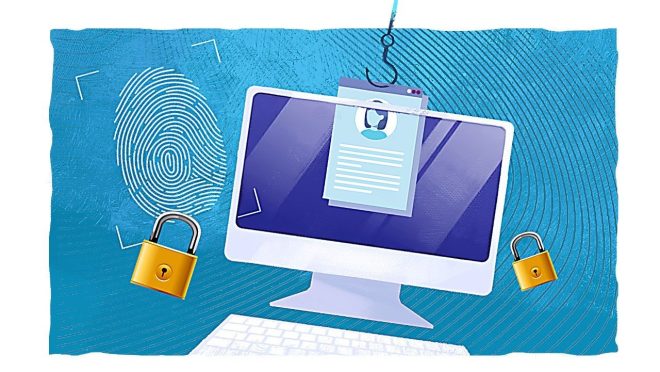Protecting digital identity in a hyperconnected world
Protecting digital identity in a hyperconnected world

What happens when it is not your idea but your identity that goes viral? — of course for all the wrong reasons!
A few evenings ago, as I sat at my desk wrapping up some late work, a colleague hesitantly approached me and said, “You might want to see this.”
Apparently, my photo — my very LinkedIn profile picture — had somehow found its way onto Facebook, not for a CSR campaign, not for a corporate event — but to describe someone whose son had been arrested on serious allegations.
For a moment, I froze, as I do not use Facebook. Then I panicked. Then, oddly enough, I laughed. Because what else can you do when your digital self is out there, doing crimes you have never heard of, living a life you never lived?
In that brief moment of panic, dozens of thoughts ran through my head: Who would do this? How many people have seen it? What if someone actually believes it?
But what followed was even more surreal. As my colleague scrolled through some of the posts, I began reading the comments. And somewhere between disbelief and absurdity, I found myself laughing. It was not funny, but it was — in that twisted way that only social media can make something simultaneously disturbing and ridiculous.
Apparently, I was “almost viral” for all the wrong reasons. In today’s hyperconnected world, virality has become both an aspiration and a nightmare. We all want our words to reach farther, our stories to resonate deeper, our ideas to spread wider. But what happens when it is not your idea but your identity that goes viral?
“We cannot control what people post, but we can control how we respond. Staying calm helps — even when instinct says otherwise. Reporting the posts to the platform, alerting friends or colleagues, and keeping a record are practical steps.”
Thankfully, many of those posts were soon deleted or taken down. The storm passed quickly — perhaps too quickly for people to even remember what had caused it. But it left me thinking: what do you really do when your identity is hijacked in the digital space, not by hackers, but by misinformed users?


